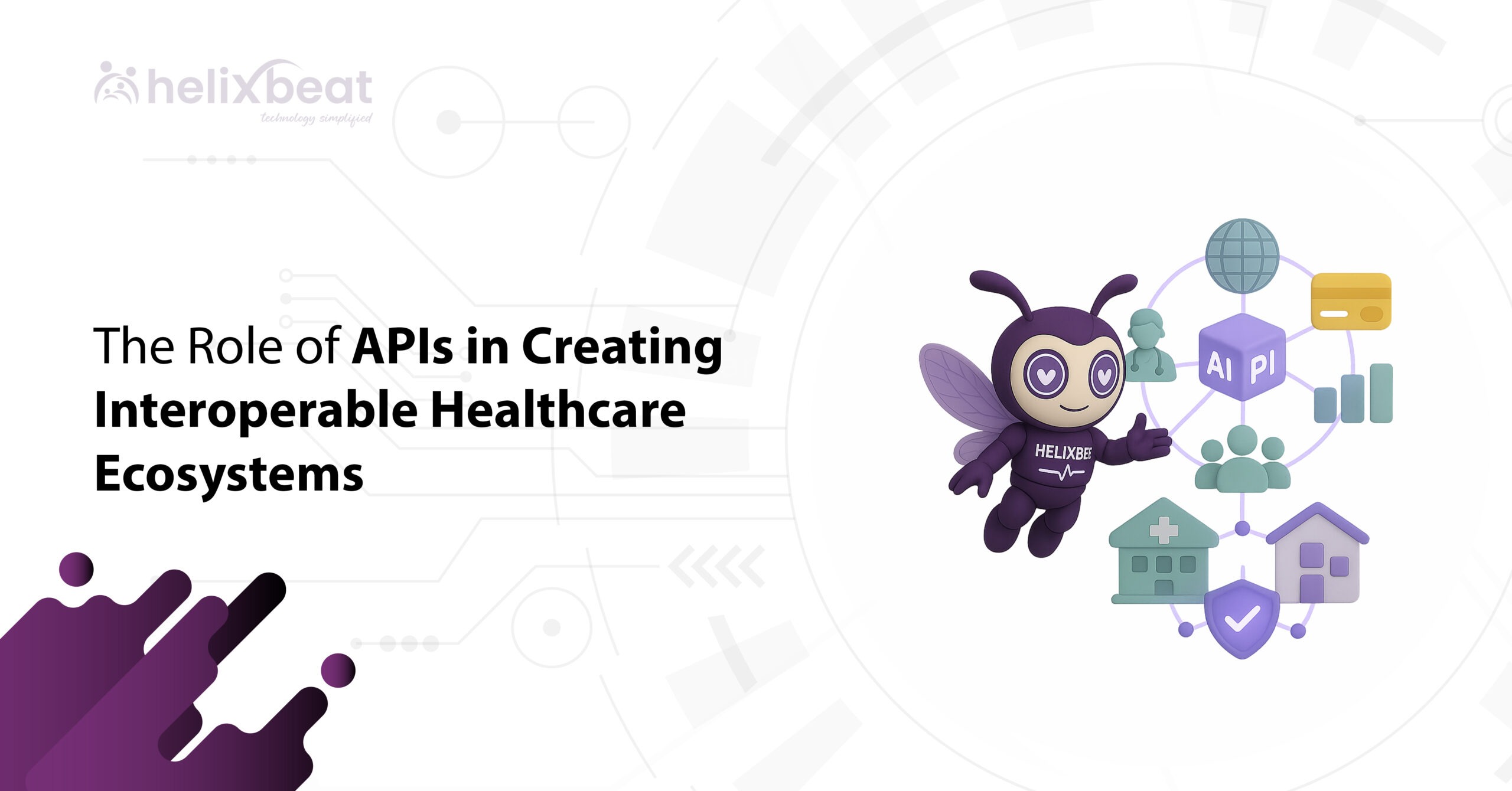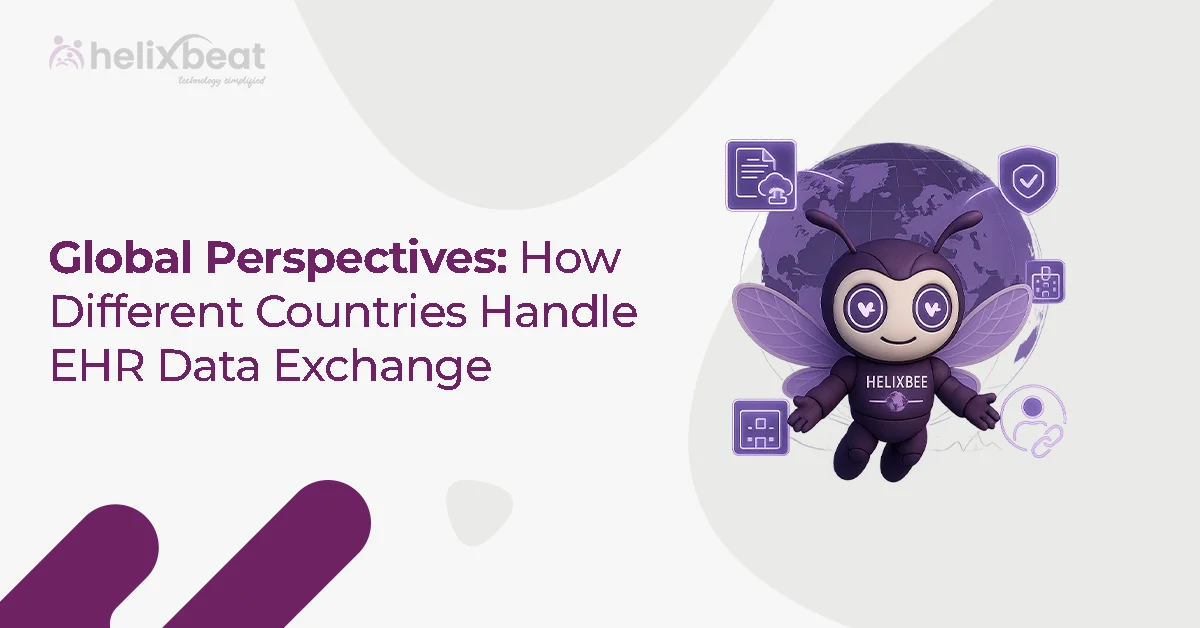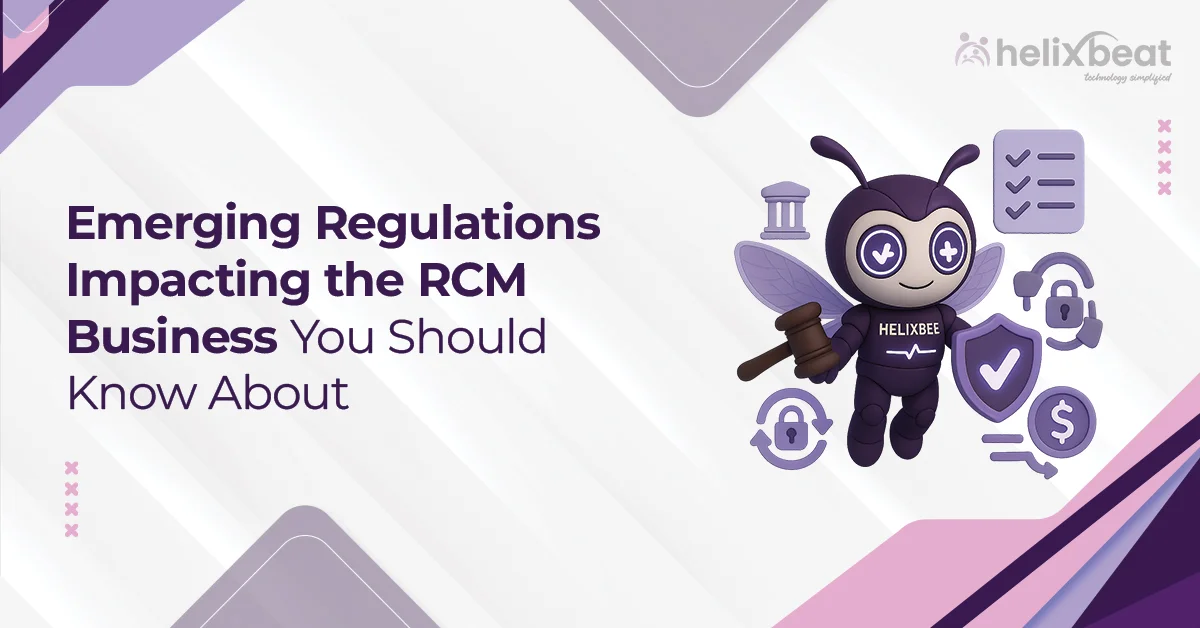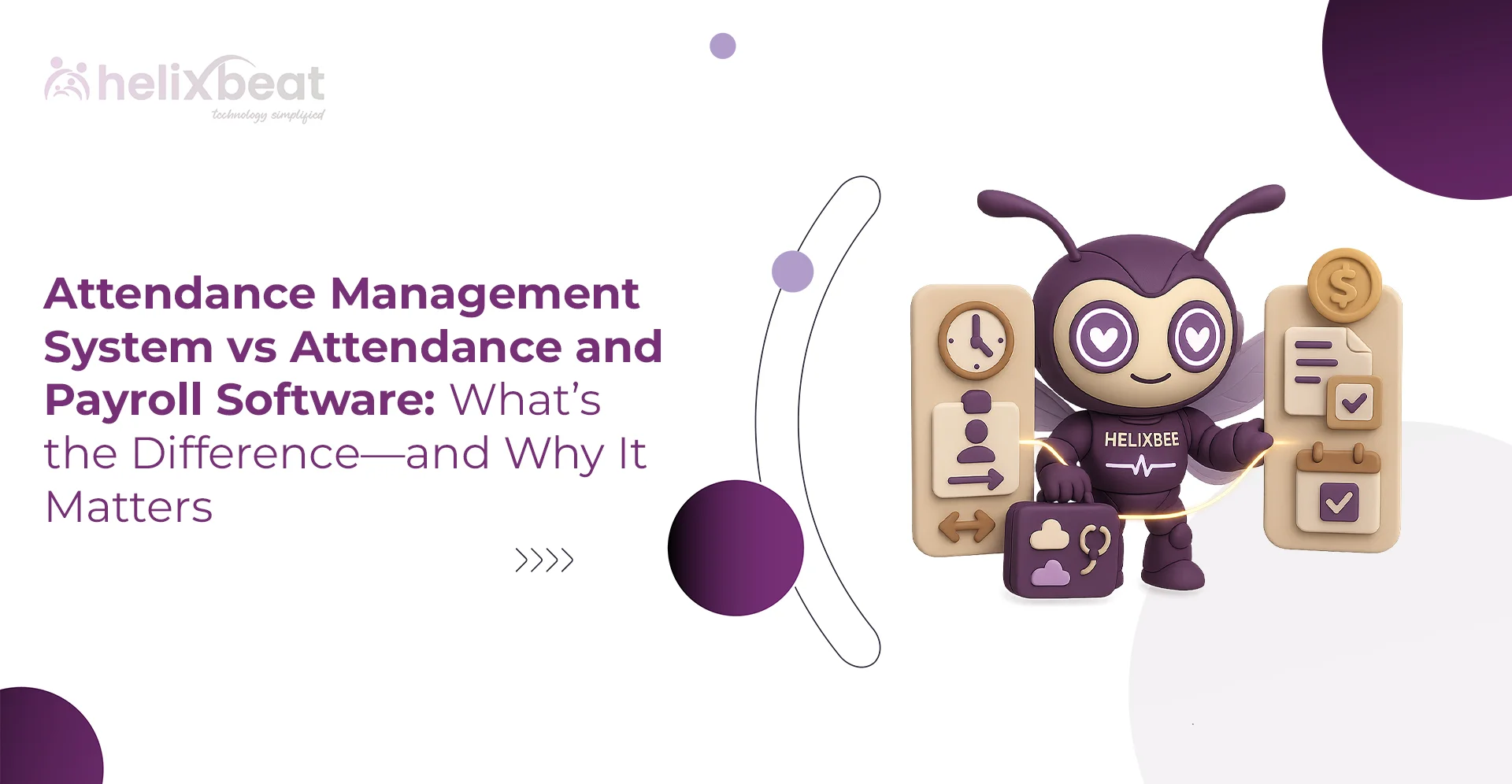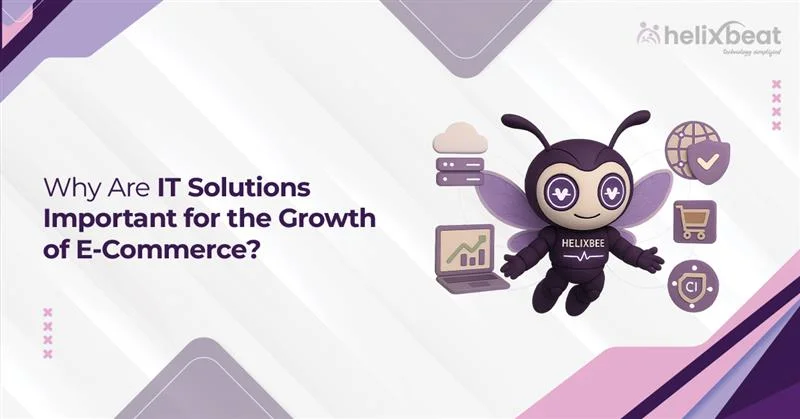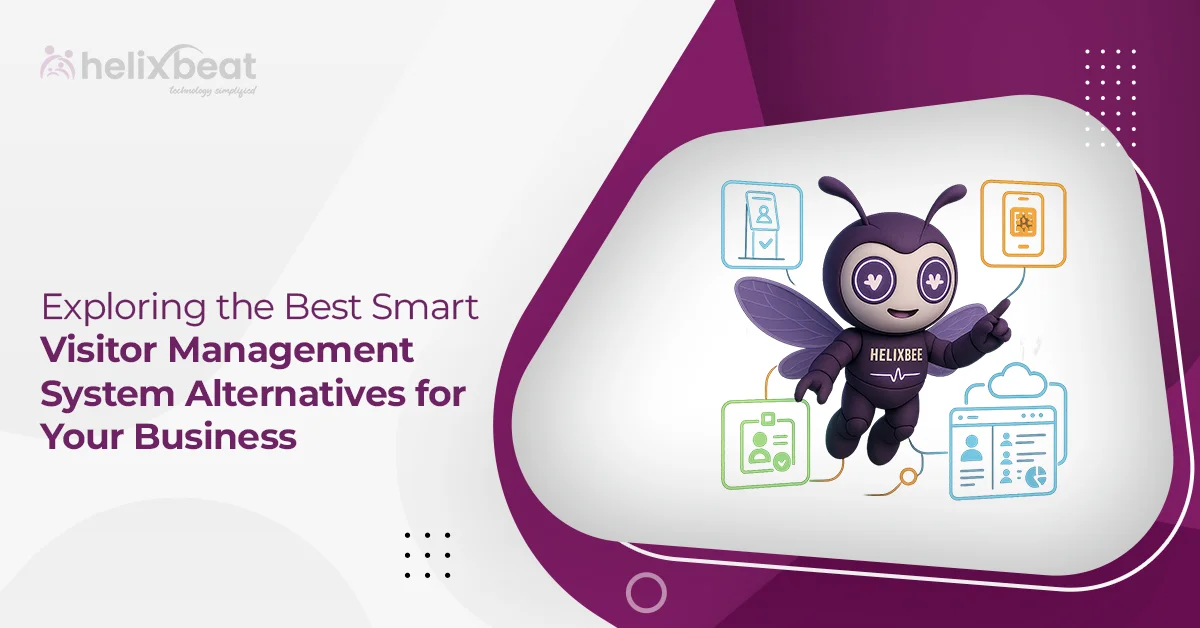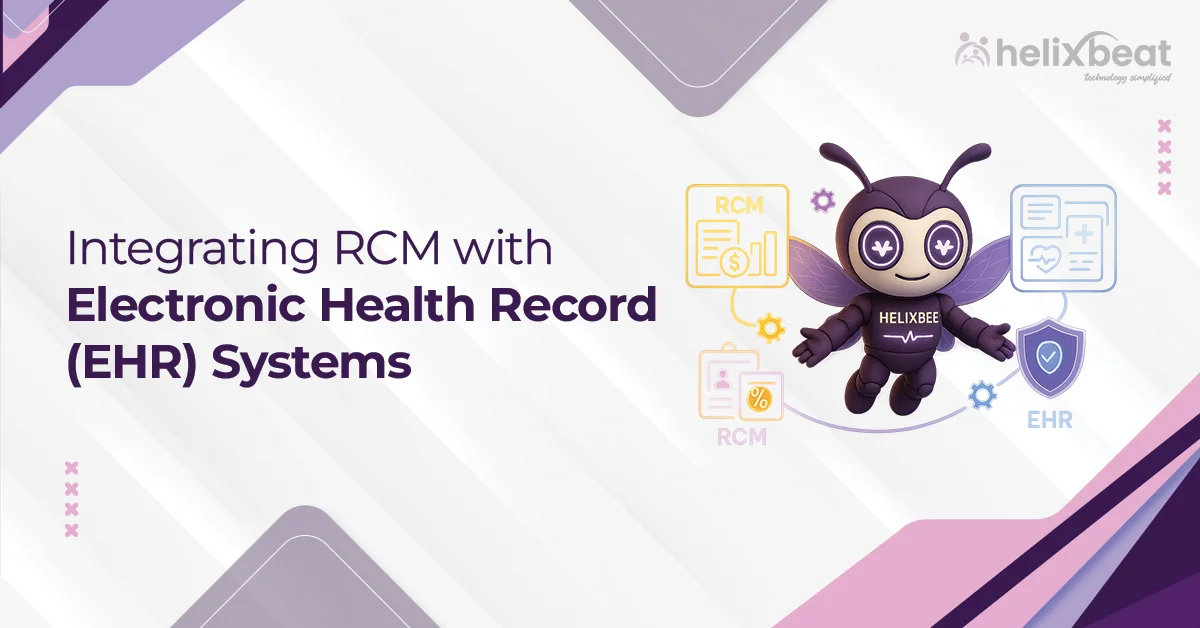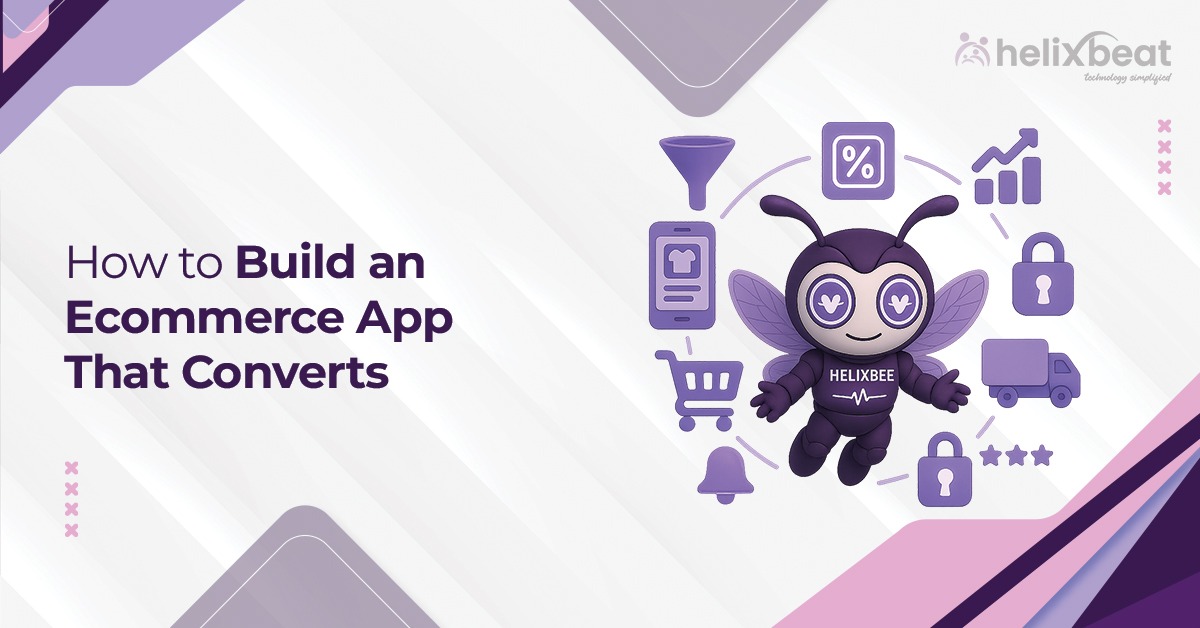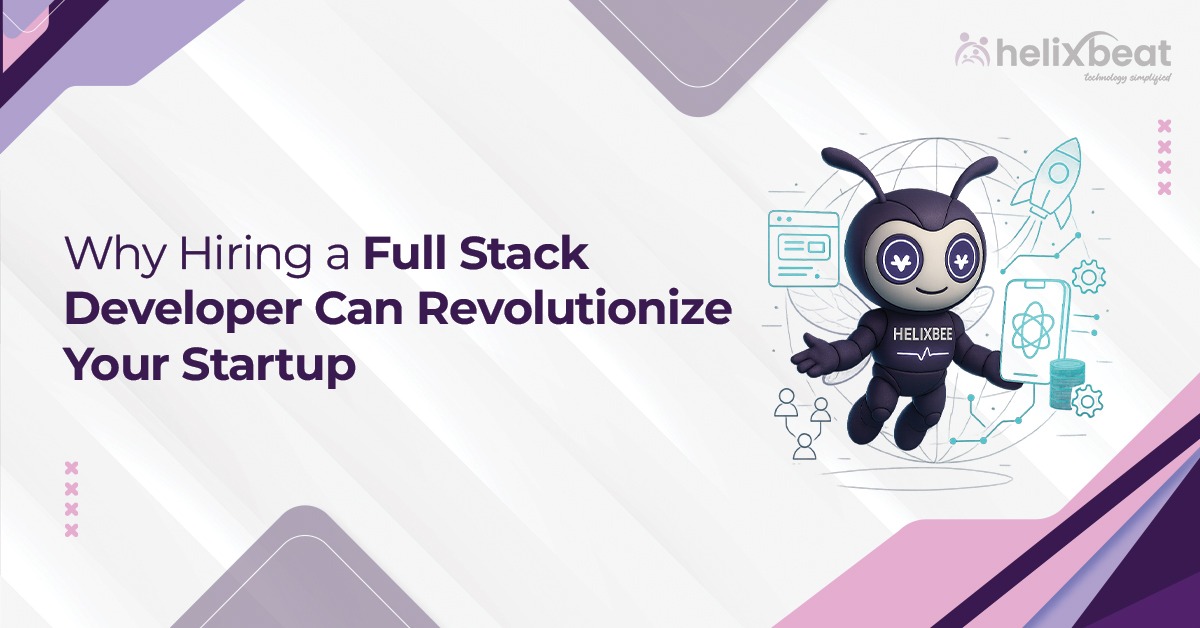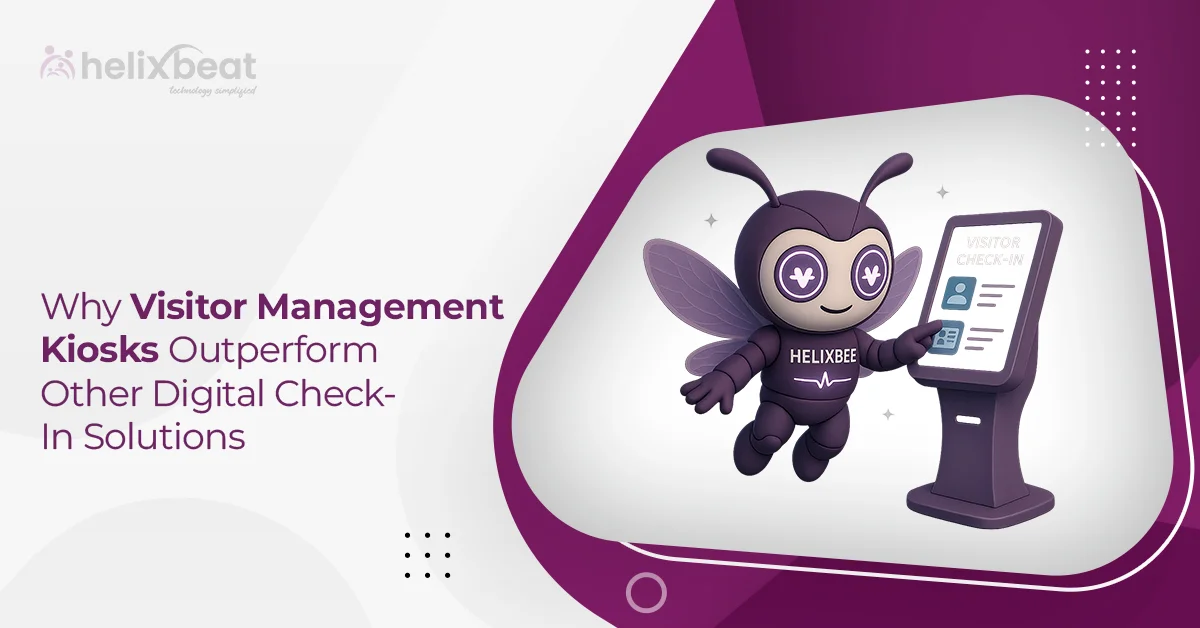What happens when your lab results don’t reach your doctor on time or when a pharmacy misses an updated prescription? The result is delayed care, higher costs, and frustration for both patients and providers.
Healthcare faces this challenge every day, as systems remain disconnected and critical information often gets lost between touchpoints. This is where healthcare automation solutions powered by APIs make a real difference. With Genius by Helixbeat, data flows seamlessly across clinics, labs, pharmacies, and insurers. As a result, providers gain accurate insights, patients receive timely updates, and organizations build the confidence to deliver efficient, error-free care.

APIs as the Backbone of Healthcare Interoperability
Healthcare is made up of multiple systems, each generating important data. APIs (Application Programming Interfaces) ensure these systems can connect and share information seamlessly, forming the foundation of effective healthcare automation solutions.
Simplifying Data Exchange
APIs allow different systems to work together without replacing them. For example, a diagnostic lab’s platform can update a doctor’s EMR in real time through an API, creating GENIUS health workflows that save hours of effort and improve care delivery.
Faster, Safer Care
With real-time healthcare alerts and automated patient notifications, APIs enhance the speed and safety of clinical decisions. A patient’s abnormal test results can instantly reach the doctor while also notifying the patient—helping to prevent dangerous delays.
Example
Consider a cancer patient whose lab reports reach their oncologist immediately via APIs. A smart alert for clinics is triggered, prompting the care team to act quickly and make faster treatment decisions supported by accurate data.
The Cost of Fragmented Systems—and How APIs Solve It
Despite digitization, healthcare still suffers from fragmentation. APIs, when integrated into healthcare automation solutions, directly address these challenges and create a more connected ecosystem.
Data Silos Create Risks
Each provider often maintains isolated records. A cardiologist’s EMR may not align with a pharmacy’s system, leading to duplication and delays. APIs bridge these gaps with standardized data exchange and trigger real-time healthcare alerts that keep every stakeholder informed.
Manual Errors Increase Costs
Manual data entry is highly prone to mistakes and inconsistencies. APIs automate updates across systems, reducing errors by up to 90%, while also cutting claim rejections and saving valuable time for both providers and patients.
Patients Lose Confidence
Patients often feel left out when updates are delayed or miscommunicated. With APIs built into healthcare automation solutions, they receive automated patient notifications for prescriptions, results, or approvals—restoring trust in the system and strengthening engagement.
GENIUS by Helixbeat: Making Interoperability Practical
Many leaders know interoperability matters but struggle to achieve it. GENIUS by Helixbeat makes it practical with an API-powered platform designed as part of advanced healthcare automation solutions.
The Three Building Blocks of GENIUS
AERIS – A no-code exchange solution that formats and transfers patient data across systems effortlessly.
Fusion – A FHIR-based backend server that stores and organizes data from all departments, ensuring providers always have the latest information supported by real-time healthcare alerts.
Pulse – An EMR and patient management system delivering automated patient notifications, stronger patient engagement, and smart alerts for clinics to guide timely actions.
Together, these create GENIUS health workflows that unify providers, labs, pharmacies, and insurers into one connected ecosystem.
Benefits That Matter
- Saves $3,000–$5,000 per patient annually by removing duplication.
- Reduces referral delays by 70% with real-time healthcare alerts and instant data sharing.
- Cuts claim rejections by 15% and improve reimbursements by 25%.
- Ensures 100% compliance with CMS and HIPAA.
- Improves patient satisfaction by 20% through automated patient notifications, instant updates, and transparency.
Real-World Example
For a diabetic patient, APIs connect glucose reports from labs, prescriptions from pharmacies, and notes from specialists into one record. With smart alerts for clinics, potential complications are flagged early, preventing delays in treatment and keeping care consistent. This showcases how healthcare automation solutions powered by APIs create reliable, patient-centered outcomes.
APIs Driving Real Healthcare Automation
APIs form the backbone of modern healthcare automation solutions, transforming how providers and patients interact while enabling seamless GENIUS health workflows.
For Providers
APIs generate smart alerts for clinics, reminding care teams to follow up on test results, track treatment progress, or act quickly on abnormal readings. These alerts strengthen efficiency and reduce the risk of oversight.
For Patients
With APIs, patients receive automated patient notifications about appointments, prescriptions, or test results, making them active participants in their care and improving overall satisfaction.
For Emergencies
APIs deliver real-time healthcare alerts that save lives in critical situations. For example, if a heart monitor detects irregular activity, the provider and caregiver are notified instantly, allowing for timely intervention and faster response.
APIs for Building Future-Ready Healthcare Ecosystems
Healthcare must constantly adapt to AI, IoT, and regulatory shifts, and APIs make this transition seamless as part of modern healthcare automation solutions.
IoT and Wearables
Wearables like heart monitors and glucose trackers connect through APIs into GENIUS, enabling predictive care through continuous monitoring. These devices also trigger real-time healthcare alerts that notify providers of irregularities, ensuring timely intervention.
AI Integration
APIs supply AI platforms with reliable data, allowing early risk detection, population-level insights, and personalized care planning. When combined with automated patient notifications, these insights make patients active participants in their care journey.
Compliance and Security
APIs in GENIUS maintain secure, tamper-proof audit trails, making compliance with CMS and HIPAA straightforward. At the same time, smart alerts for clinics help providers act promptly on critical updates while staying aligned with regulatory standards.
Long-Term Efficiency
By automating repetitive tasks and reducing manual errors, APIs save money and free up valuable provider time. This long-term efficiency strengthens the promise of healthcare automation solutions, creating a future-ready ecosystem that benefits both patients and providers.
Wrapping Up
Healthcare cannot afford silos anymore. APIs connect systems, reduce errors, and bring patients closer to their care journey. Genius by Helixbeat demonstrates this in action. By combining AERIS, Fusion, and Pulse, it enables GENIUS health workflows where providers act on smart alerts for clinics, patients receive automated patient notifications, and systems generate real-time healthcare alerts seamlessly.
For decision-makers, the way forward is clear: APIs are the foundation for building connected, compliant, and patient-centered ecosystems. Acting now means lowering costs, improving trust, and preparing for the healthcare future already at our doorstep.
FAQs
1. Why are APIs vital for healthcare interoperability?
They connect isolated systems, allowing secure and instant sharing of patient information between providers, labs, pharmacies, and insurers.
2. How do APIs support real-healthcare automation solutions?
They automate notifications, reduce duplication, and create real-time healthcare alerts that improve speed, accuracy, and patient engagement.
3. How do APIs reduce healthcare errors?
APIs eliminate manual entry and create smart alerts for clinics, cutting errors caused by data mismatches.
4. How do APIs improve patient engagement?
Through automated patient notifications—such as test results and appointment updates—patients feel informed and involved in their care.
5. Can APIs save healthcare organizations money?
Yes. APIs reduce inefficiencies, saving $3,000–$5,000 per patient annually while boosting reimbursements.
6. Are APIs secure for sensitive health data?
Yes. GENIUS APIs follow HIPAA and CMS standards, ensuring encrypted and auditable data sharing.
7. How do APIs work with IoT devices?
They allow wearables like heart monitors to feed data into EMRs, creating real-time healthcare alerts for immediate action.



